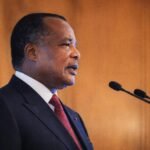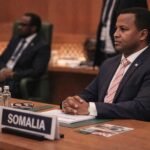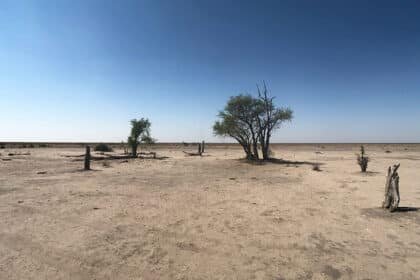The integration of Egypt and Ethiopia into the BRICS grouping at the start of 2024 transformed both the geometry of the bloc and the calculus of African diplomacy. Their accession means that three African states now sit at the BRICS table, a plurality unrivalled by any other region in the coalition and one that potentially amplifies the continent’s collective voice in debates over global governance.
Emerging Fault Lines in an Expanded Bloc
Yet inclusion alone does not guarantee unity. At the 28-29 April 2025 foreign-ministers’ meeting in Rio de Janeiro, the enlarged membership failed to reach a joint communiqué after Egypt and Ethiopia objected to language that singled out South Africa for permanent Security Council membership. Unable to bridge the gap, the Brazilian chair released only a downgraded summary, exposing how swiftly intra-African rivalry can paralyse consensus within the bloc. The dispute sharpened on 20 May 2025 when the same two capitals rejected draft wording for the July summit, again insisting that African representation must be settled collectively through the African Union. These episodes underscore the fine line between enhanced representation and fragmented diplomacy at the heart of the new BRICS configuration.
Opportunities for African Agency
For Africa’s foreign ministries the new configuration nonetheless offers genuine leverage. Egypt arrives with deep reservoirs of diplomatic capital as a mediator straddling Arab and African spheres, while Ethiopia brings the institutional authority of hosting the African Union alongside a tradition of multilateral activism that has survived recent civil conflict. Both governments regard the bloc as a platform for economic diversification when concessional finance is tightening and traditional development lenders impose more stringent conditionality. The New Development Bank’s growing commitment to African infrastructure—expressed through recent local-currency loan windows—adds tangible weight to this aspiration.
Financial Diversification and De-Dollarisation
Currency diversification is central to the strategy. The Rio chair’s summary called for an expanded use of local currencies in settlement among members, a prospect with direct relevance to Cairo, where the trade deficit with BRICS partners still exceeds US$25 billion, and to Addis Ababa, whose import-dependent economy wrestles with foreign-exchange scarcity. De-dollarisation—whether through bilateral swap lines, regional payment platforms or a future BRICS unit of account—offers African treasuries a hedge against dollar volatility and a modest insulation from secondary sanctions. However, the effectiveness of these instruments will hinge on the credibility of macroeconomic reforms at home and on the yet-untested governance capacity of BRICS financial arrangements.
Structural Constraints and Divergent Alignments
The very diversity that affords Africa numerical weight also multiplies veto points within BRICS’ consensus-driven architecture. Divergent strategic orientations—Cairo’s continued security cooperation with Washington, Pretoria’s pursuit of non-alignment, and Addis Ababa’s deepening defence and investment ties with Ankara, Beijing and Moscow—complicate the articulation of a coherent African stance on conflicts ranging from Ukraine to the Red Sea. In the short term, domestic fiscal pressures in Egypt and Ethiopia could translate into mercantilist bargaining within BRICS, undermining the continent’s declared commitment to the African Continental Free Trade Area.
The African Union Interface
While all three members profess adherence to the Ezulwini Consensus, the recent contestations over Security Council reform demonstrate how national ambitions within BRICS can outpace AU deliberations. Unless the trio advances an AU-mandated agenda—potentially via regular briefings to the AU Peace and Security Council—Africa risks forfeiting the legitimacy derived from collective diplomacy and inviting external actors to exploit continental fault lines.
Strategic Pathways Forward
A standing trilateral consultation mechanism could help Cairo, Addis Ababa and Pretoria reconcile red lines before they reach ministerial level. Transparent engagement with non-BRICS African states would pre-empt perceptions of elite caucusing and align BRICS initiatives with continental priorities such as Agenda 2063. Finally, sustained dialogue with long-standing partners in the European Union and the United States can convert BRICS leverage into broader bargains rather than binary choices, reinforcing Africa’s agency in an increasingly plural world order.
Whether the enlarged BRICS becomes a fulcrum for a more inclusive international system will depend on the political discipline displayed by its African members. If Egypt, Ethiopia and South Africa can translate numerical presence into a coherent strategic agenda, the continent may convert representation into real influence. Failure to do so would risk reproducing, inside BRICS, the very marginalisation that African states seek to overcome elsewhere.


















